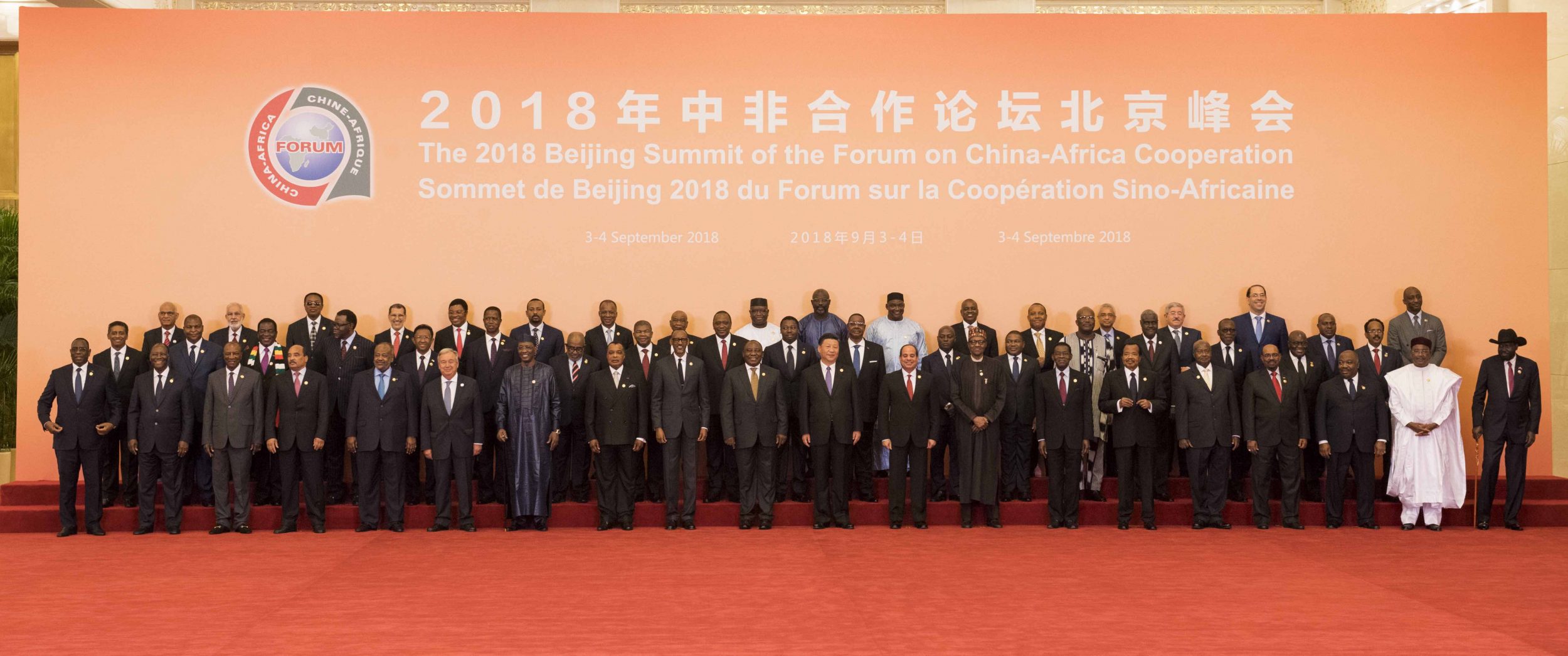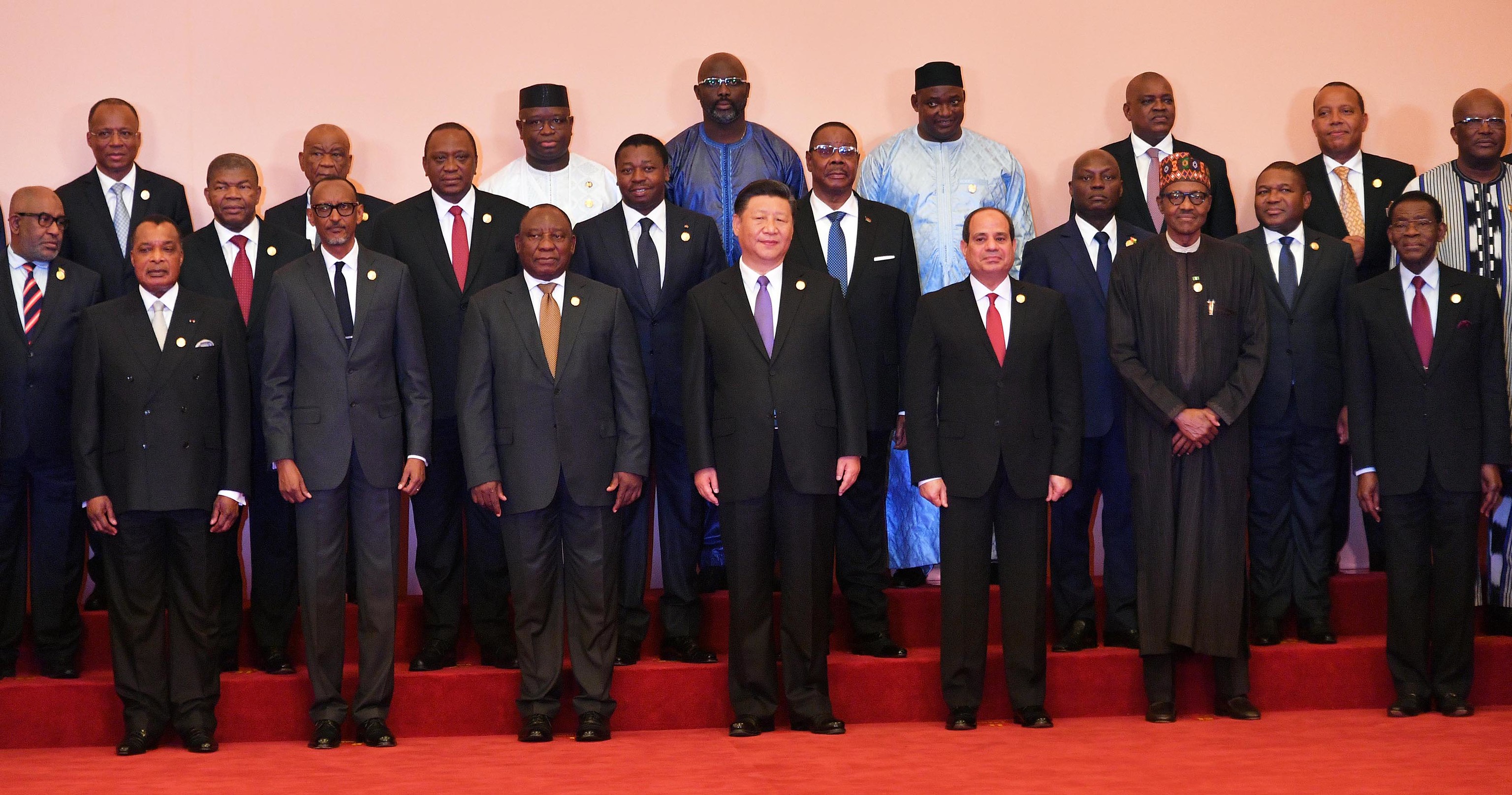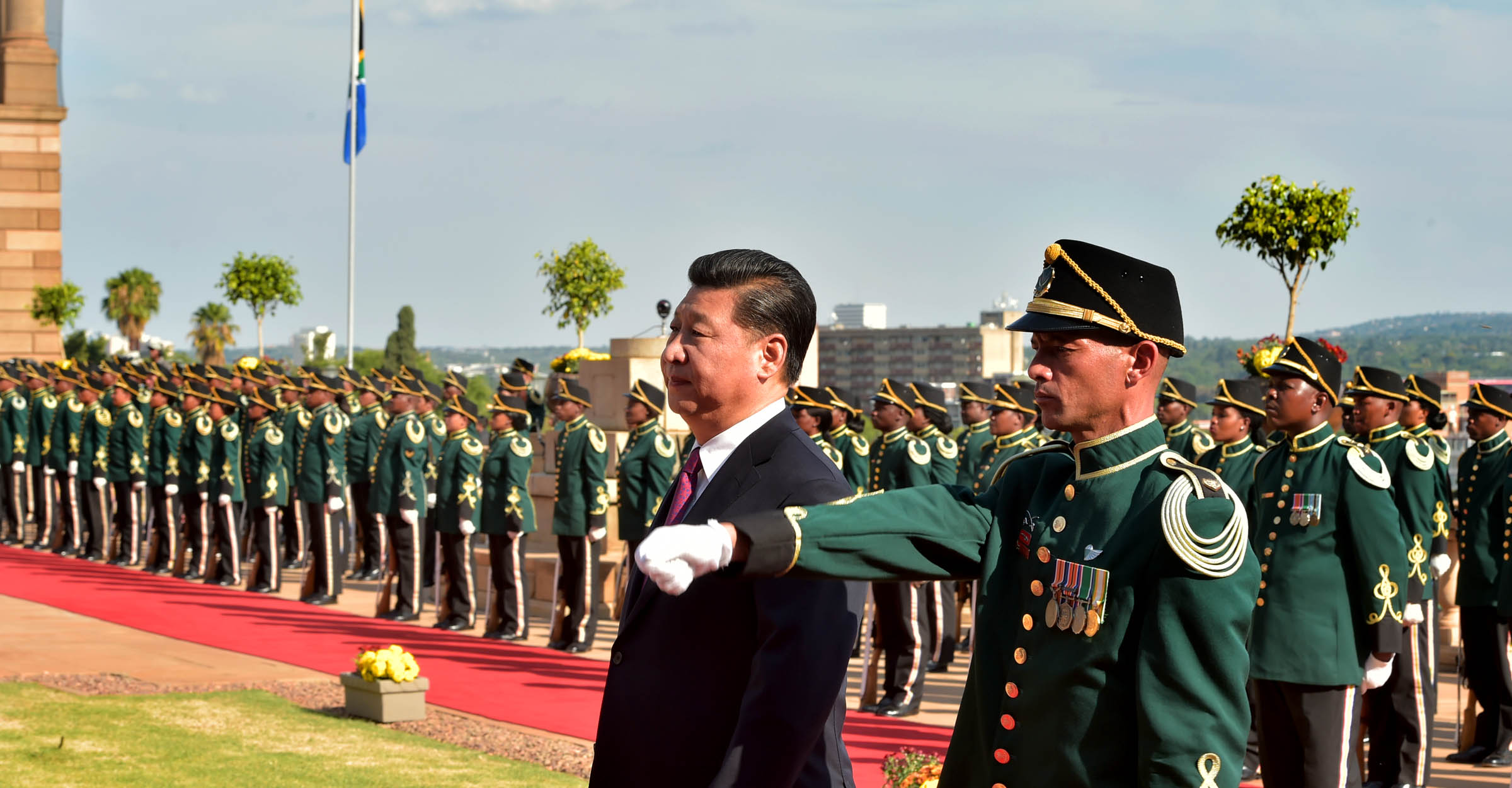Africa-China relations are often discussed in geo-economic terms. But thinking through race is fundamental to understanding contemporary Afro-Chinese ties, write Eric Cezne and Roos Visser.
In 2020, amid a global pandemic and worldwide anti-racist protests, events in the Chinese city of Guangzhou reignited discussions of racism in Africa-China relations. Measures implemented in the city to contain Covid-19 disproportionately targeted Africans and people of African descent. Many faced eviction, homelessness, and discrimination in restaurants and hotels as a result, which sparked widespread outcry among African diasporas and governments.
Africa-China relations have historically been framed as friendships rooted in South-South solidarity. Their remarkable expansion, particularly since the turn of the millennium, has brought challenges as well as opportunities. Increased travel, migration, and business flows in both directions have contributed to vibrant trade, investment, and cultural links but have also exposed instances of racial discrimination, suspicion, and segregation. The events in Guangzhou highlight how race fundamentally matters in the Afro-Chinese relationship, putting claims of a deep-rooted friendship to the test.
Racism and prejudice in Africa-China relations stem from complex historical and global processes. It is important to note that these processes are not exclusive to Chinese views and treatment of Africans. Racialisations – that is, the extension of racial meanings and classifications to social relationships – are multidirectional, enacted by both Chinese and African actors, in the context of both Africans-in-China and Chinese-in-Africa.
Africans in China
Apart from the recent incidents in Guangzhou, there have been several cases of anti-African (usually anti-Black) sentiment in China. One well-known example is the “campus racism” of the 1980s, where African students faced a racially motivated backlash from their Chinese peers. Africans were depicted as “polluting” Chinese society through their relationships with Chinese women, as backward and lazy, and therefore undeserving of China’s aid.
Such racial thinking has persisted over the years and can now be found on Chinese social media platforms like WeChat and Weibo, where it is not uncommon to encounter racial slurs against Africans. Chinese users frequently construct a derogatory image of Africa and Africans, contrasting it with China’s recent successes and development. By racializing Africans as lazy, undeserving, and aggressively sexual, the Chinese portray themselves as hardworking, deserving, and respectful. This portrayal reflects historical constructions of blackness and racial identities in China, which revolve around notions of cultural and racial superiority, particularly within the dominant Han group’s context, as compared to foreigners and other Chinese minorities.
Approximately 500,000 African migrants live in China. Their perceptions of racism in interactions with the Chinese are mixed. Some feel welcomed and attribute discriminatory practices to ignorance and curiosity, while others experience highly racist interactions. This is particularly the case when dealing with institutions, whose migration policies and law enforcement measures disproportionately target Africans. Among African migrants, anger and frustration are frequently directed towards African governments. They have been criticised for not adequately addressing the grievances of their citizens in China, over fears of jeopardising economic and political deals. There is also resentment over the relative ease with which Chinese migrants obtain visas and permits in Africa, compared to the struggles faced by African nationals in China.
The Chinese government has persistently brushed off and dismissed racial controversies, treating cases of anti-African sentiment as exceptional and stating that racism is a Western problem that does not occur in China. Yet, in the wake of the highly publicised events in Guangzhou and the public outrage of African diasporas and governments, Chinese authorities have been forced to cautiously acknowledge the existence of racially discriminatory practices. As a result, some “token measures” have been implemented, such as limiting landlords’ ability to adjust rental terms or withhold renters’ deposits to prevent unjustified evictions and improving foreigners’ accessibility to the health app system to facilitate entry into public spaces during Covid restrictions.
However, such measures tend to treat “racism” and discrimination as incidental and localised issues rather than systemic and national traits. While the Chinese government demonstrates strictness in dealing with other issues, it has not yet made significant efforts to curb racial discourses and behaviours within Chinese society.
Chinese in Africa
When we consider the Chinese presence in Africa, racial discrimination and hostilities are commonly associated with labour at Chinese-led businesses and with instances of Chinese “self-segregation”. Chinese employers, managers, and co-workers are often said to use racist rhetoric to describe the labour cultures and practices of their African peers, invoking depictions of laziness, unreliability, and mistrust. In turn, accusations of self-segregation suggest that the Chinese voluntarily choose to hold themselves apart from Africans in residence, language, and socialisation practices due to a dislike of diversity.
Some have argued that this self-containment, particularly among those involved in state-sponsored projects on the continent, arises from a sense of responsibility and pressure to represent China respectfully in Africa and prevent unnecessary tensions. Others have cautioned against generic readings of Chinese racism in Africa by pointing out that labour inequalities and self-segregation have long been a feature of Western presence on the continent and pointing out successful cases of social integration by the Chinese.
At the same time, there are also identifiable trends of hostility and anti-China sentiment among African actors. Anti-Chinese attitudes in Africa mostly come from economic groups who are in direct competition with Chinese entrepreneurs and labour. Negative portrayals of China as a “yellow peril” engaging in predatory or neo-colonial activities in Africa contribute to fueling these sentiments and are common in Western media and policy circles.
This is not always externally driven though, African leaders sometimes exploit negative sentiments towards the Chinese for political purposes, occasionally employing strategies of racial nationalism. Denouncing China can be a convenient way for ruling elites to deflect criticism and assert political power during periods of weakness, and for opposition groups to challenge ruling parties. One such case is that of Zambia’s politician Michael Sata, who ran electoral campaigns for the presidency built on anti-Chinese sentiment. Yet, once in office, he modified his rhetoric and actively courted China as an economic party.
In many African states, the local population generally welcomes the Chinese, appreciating China’s investments, trade, and overall development successes. Nonetheless, while Africans value their relationship with China, they do not do so at any price.
Race and the future of Africa-China relations
Race is not merely an identity issue but also an important shaper of international relations and global politics. From local to transnational levels, the harmful impacts of “racism” as a dividing, discriminatory force manifests through police brutality, border discrimination, racist insults in sporting events, and other behaviours.
Africa-China relations, which have moved beyond sporadic interactions into a comprehensive array of ties, also exhibit their share of racial tensions, complications, and misalignments. This highlights the necessity and political importance for both sides to engage seriously and constructively with questions of race, not least to maintain, expand, and ideationally legitimate what is often referred to as a Sino-African friendship.
It is imperative to monitor how Afro-Chinese contacts and the role of race in these interactions develop in response to ever-changing global circumstances.
This blog is based on the recent publication “Racializing China–Africa Relations: A Test to the Sino-African Friendship”. Check it out here.
Photo credit: GovernmentZA used with permission CC BY-ND 2.0





